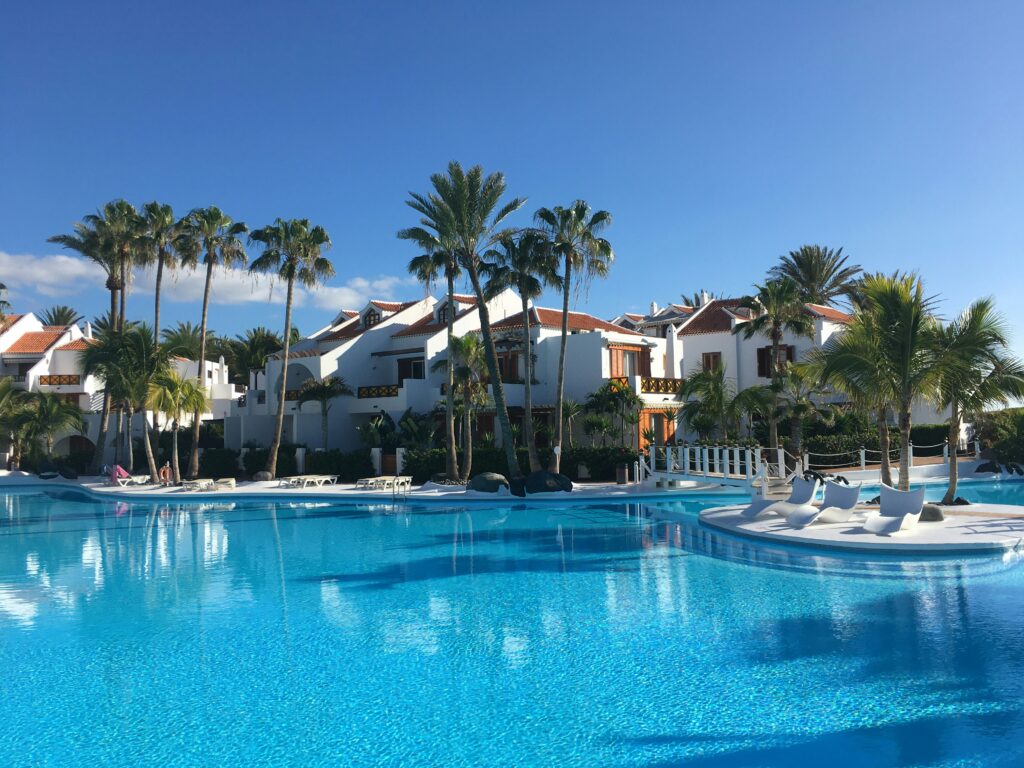The Canary Islands once again broke visitor records despite protests and new restrictions against overtourism.
Tourism surged throughout 2025, setting new highs every month across the archipelago.
Fresh August data revealed that visitor levels reached unprecedented saturation across the islands.
Officials confirmed that crowding continues to grow even as anti-overtourism measures expand.
Record Numbers Drive Economic Boom and Tensions
The islands welcomed 1.23 million foreign tourists in August, the highest figure ever for that month.
That number represents a 6% increase from August 2024, despite extreme summer heat.
From January to August 2025, more than 10 million international visitors arrived in the Canaries.
The islands ranked third among Spain’s most visited regions during that period.
British travellers accounted for nearly half a million August arrivals, followed closely by German tourists.
Tourism now generates about 35% of the Canary Islands’ total GDP, making it their largest economic driver.
Authorities Enforce New Rules to Protect Natural Sites
Located 100 kilometres off Africa’s northwest coast, the islands attract visitors with warm weather and diverse landscapes.
They feature beaches, forests, volcanic peaks, and mountain trails across seven main islands.
However, residents have staged protests against uncontrolled mass tourism and environmental damage.
Authorities plan to introduce a €25 “eco-tax” by 2026 for hiking in Tenerife’s Teide National Park.
Different trails will have separate fees, ranging from €6 to €15 for unguided routes.
Tenerife residents and children under 14 will access the park for free, while island residents receive discounts.
Tenerife’s president Rosa Dávila said the plan protects Teide “for today and future generations.”
Other islands have introduced similar restrictions, including daily fees and tighter rental regulations.
El Hierro continues promoting low-impact tourism by limiting accommodation and flight access.
The region also enforces alcohol bans in public spaces and smoke-free beaches to control excessive partying.


